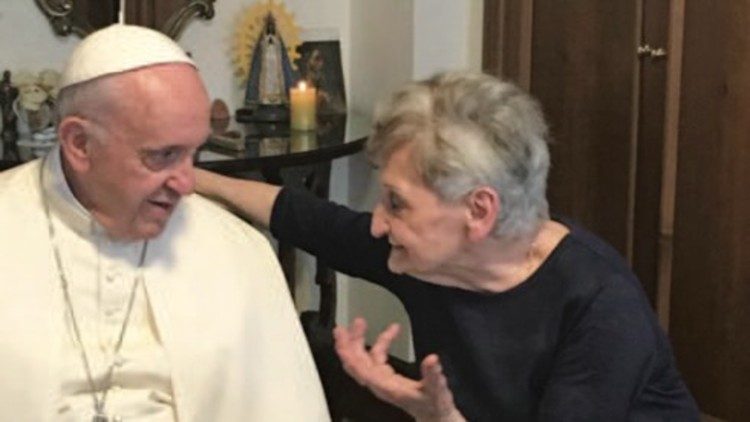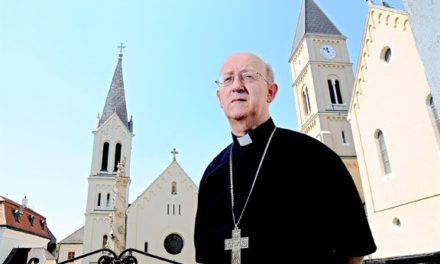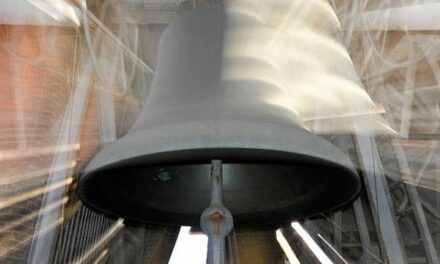On November 18, the Italian newspaper La Stampa published Domenico Agasso's interview with the Holy Father, who reminded us that the Holy See is doing unceasing diplomatic work for "a real ceasefire and real peace negotiations". 2022 plus on this .
In addition to current political issues, the conversation also touches on the Pope's family ties and his roots in Piedmont. The Hungarian translation of the entire interview was published by Magyar Kurír following Vatican News and reviewed by Vasárnap.hu. You can read details from it.
- Domenico Agasso: Holy Father, tomorrow he will visit Asti for the first time as pope. He is celebrating his cousin Carla Rabezzana's ninetieth birthday together with family members. You were children in the dark years of World War II and the Cold War. How does it feel for you now that as Pope you have to face the "Third World War," as you called it, that you have to face a new nuclear threat?
– This is absurd. The realization that behind all these tragedies lies the desire for power and the arms trade causes me a particular anger and sadness. I was told that if humanity did not manufacture and sell weapons for a year, world hunger would end.
– The tenth anniversary of your papacy is approaching: what thoughts does this milestone evoke in you?
– I think about my life every day. Among other things, St. Ignatius of Loyola (founder of the Society of Jesus - Ed.) recommended that everyone, not just priests and nuns, examine their conscience at least once a day. Not to know what sins we have committed, no, but to recognize what is happening to us and around us. Sometimes our heart, our conscience, is like a road that many walk along, but no one notices what is happening.
On the other hand, it is important to stop, perhaps at the end of the day, and observe what we are experiencing. And thus man understands the blessings he receives from life, the good deeds he has performed, and also the evil he thinks and does. This is how he progresses, understanding in what spirit he relates in different environments: for example, with the desire for reconciliation, friendship, brotherhood, or falling into the temptation of revenge, quarrels, tyranny, abuse of position.
What role should roots play in our globalized and hyper-technological age?
– They are of fundamental importance in two respects. The first is the cultural aspect: let us never forget and never deny our cultural roots.
The second is the family aspect: family roots, especially grandparents, must always be nurtured and valued.
I always say: I think young people should talk to their grandparents as much as possible so that their roots remain solid, not to get stuck there, standing still, not even looking at the world.
On the contrary, grandparents can help us find the inspiration to go forward and far. But if the tree is torn from its roots, it does not grow, but withers and dies. Maintaining the connection with the roots is essential for our cultural and social development, as well as our personality development.
"Are you happy to live as Pope?"
– Thanks to my profession, I was always happy where the Lord placed me and sent me. But not because I "gained something", I didn't gain anything... it's a service, and the Church asked me to do it; I didn't think I would be chosen, but the Lord wanted it.
Source and full article: vasarnap.hu
Featured image: Vatican News












